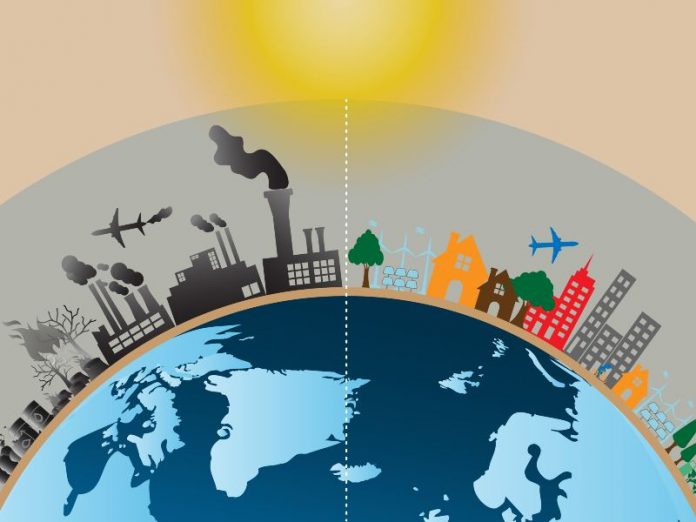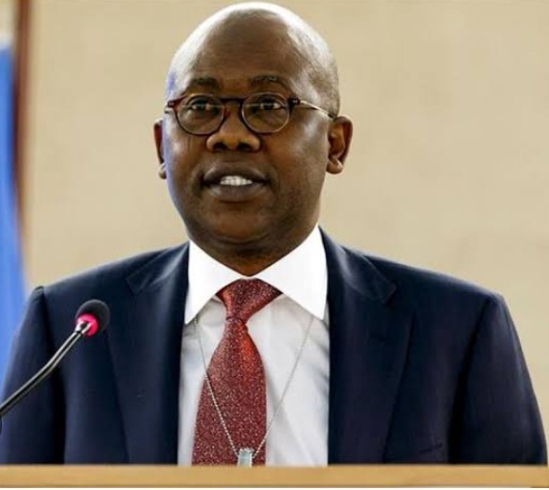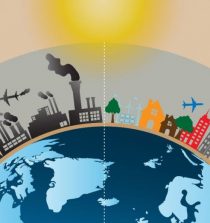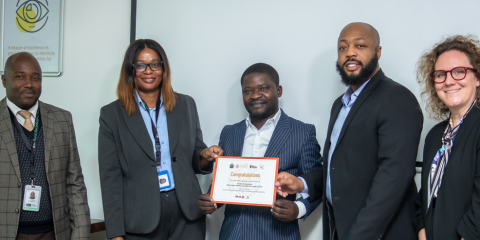The United Nations Secretary-General António Guterres recently stated how achieving a just and equitable energy transition is one of the biggest challenges facing the world because of a continued reliance on fossil fuels.
Guterres was speaking at the Global Compact Board meeting.
Climate disasters and skyrocketing fuel prices have made the need to “end our global addiction to fossil fuels” crystal clear, he said, underscoring the importance of investing in renewables, building resilience and scaling up adaptation.

Image credit: kaewkanya@123rf.com
“Had we invested massively in renewable energy in the past, we would not be in the middle of a climate emergency now,” he said.
Guterres emphasised that renewables are “the only credible path” to real energy security, stable power prices and sustainable employment opportunities He also maintained that the share of renewables in global electricity generation must increase from nearly 30% today to over 60% in 2030 and 90% in 2050.
“Leaders in business as well as government must stop thinking about renewables as a distant project of the future,” underscored the top UN official. Without renewables, there can be no future, he said.
Key priorities to facilitate a just energy transition
The Secretary-General went on to outline his Five-Point Energy Plan to shift to renewables, beginning with treating the technologies as freely available “global public goods”.
“Identifying patents that can be made freely available – especially those relating to battery and storage capacity – are crucial for a rapid and fair energy transition,” he said.
Next, Guterres highlighted the need to secure, increase and diversify supply chains for renewable energy technologies. He explained that supply chains for components and raw materials are “still concentrated in a handful of countries”.
Third, is to level the playing field for renewables. “We have the technology, capacity and funds,” said the UN chief. “But, we urgently need to put policies and frameworks in place to incentivise investments and eliminate bottlenecks caused by red tape, permits and grid connections.”
Shift subsidies from fossil fuels to renewable energy was his fourth point, as he noted that each year, governments spend around half a trillion dollars to artificially lower the price of fossil fuels – “more than triple what renewables receive.”
“If we channel these resources and subsidies to renewables, we not only cut emissions; we also create more decent and green jobs,” he argued.
Financing the future
Guterres’ fifth and final point focused on the importance of tripling public and private investments in renewables to at least $4 trillion dollars a year.
“Upfront costs for solar and wind power account for 80% of lifetime costs – meaning big investments today will reap even bigger rewards tomorrow,” he said.
However, this requires: financing to flow to those who need it most; adjusted risk frameworks and more flexibility to scale up renewable finance and lowering financing costs for developing countries.
“The cost of capital for renewable energy projects in the developing world can be seven times higher than in the developed world,” flagged the UN chief, explaining that Africa attracts a mere 2% of clean energy investments despite its vast renewable energy potential.
A just energy transition to a renewable energy future is everybody’s business, including the private sector to advance science-based targets and Just Transition plans, in partnership with labour organisations and civil society.
“Lip service won’t do. We need credible actions and accountability,” he underscored.
Every business and investor; every city and country must “walk the talk” on their net-zero promises to realise the Paris Agreement and rescue the Sustainable Development Goals, added the UN chief.
“The UN Global Compact is poised to help in this vital effort,” he spelled out, urging everyone to accelerate action across industries and regions “to jumpstart the renewables revolution.”









A stalwart in international pharmacy services.
can i get cheap lisinopril pill
They consistently go above and beyond for their customers.
Your article helped me a lot, is there any more related content? Thanks!